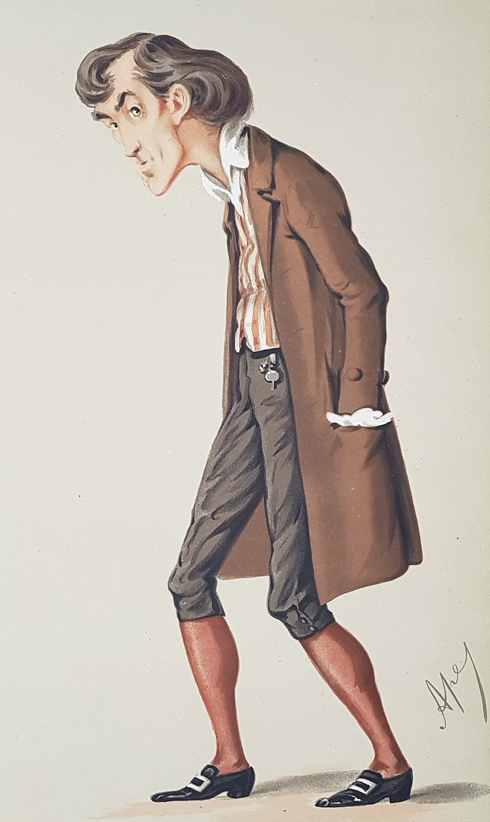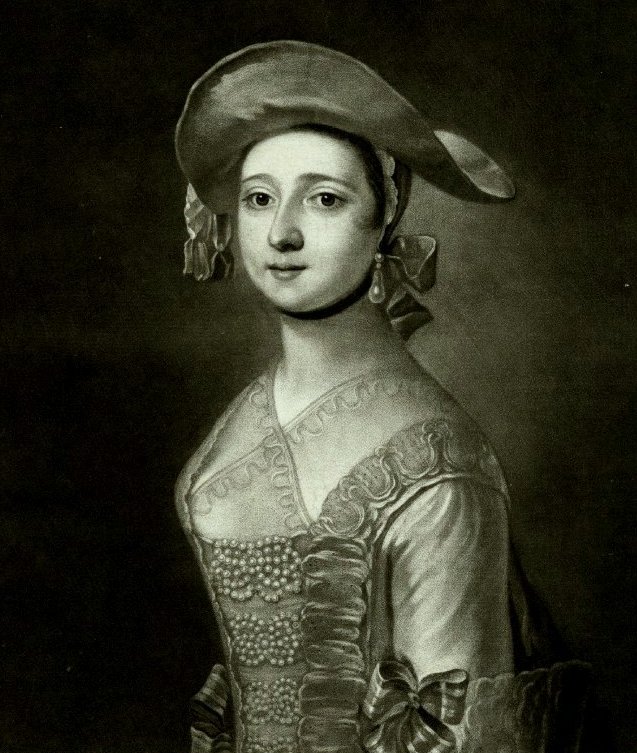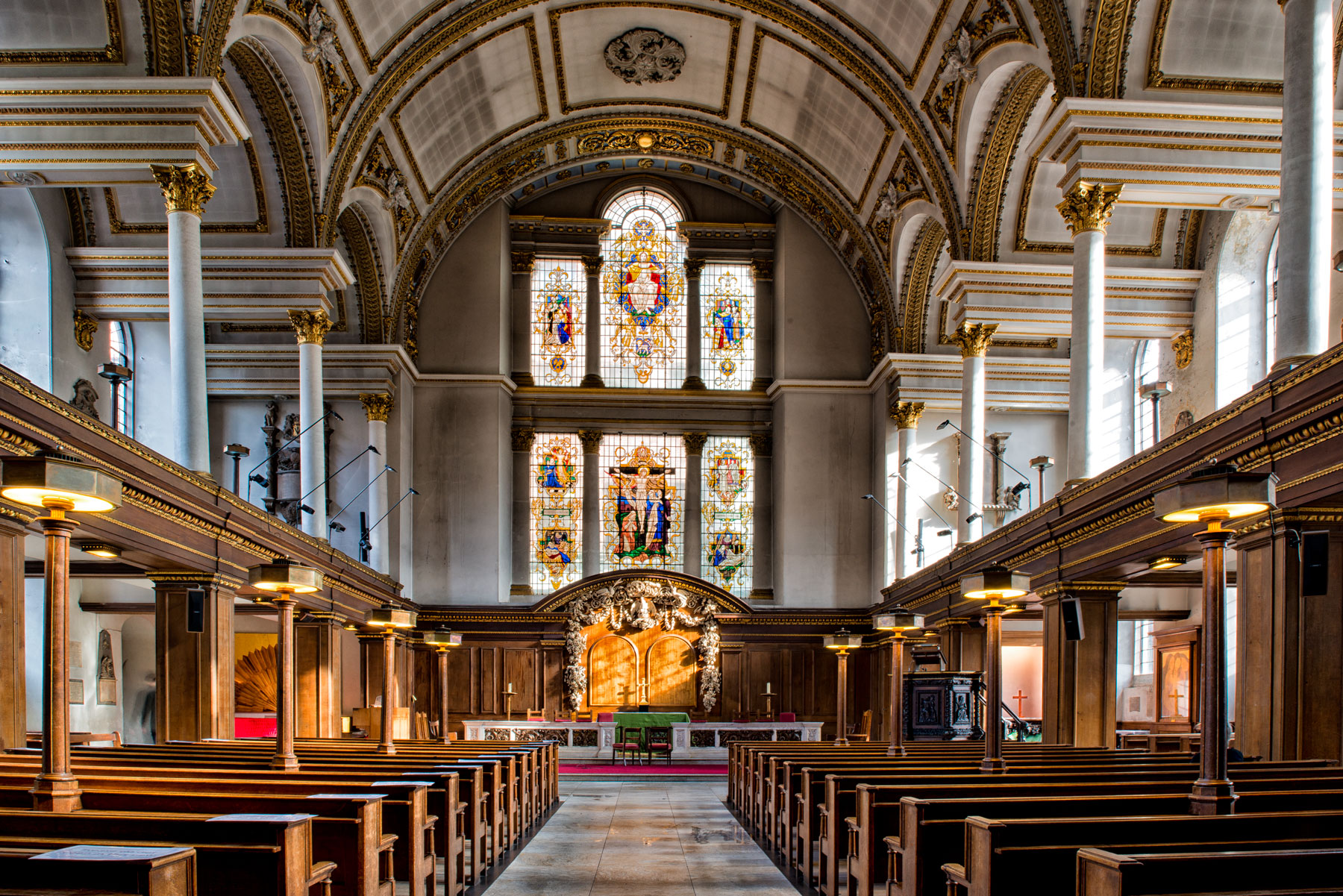|
David Ross (actor Born 1728)
David Ross (1 May 1728 – 14 September 1790) was an British actor and theatre owner. After early appearances in Dublin, he appeared in London at Drury Lane and Covent Garden, and in Edinburgh, where as actor-manager he built a theatre. Early life and career Ross, born in London, was the son of a Writer to The Signet in Edinburgh, who settled in London in 1722 as a solicitor of appeals. He was educated at Westminster School, and some indiscretion committed there when he was thirteen years old lost him the affection, never regained, of his father, who, in his will, left instructions to Elizabeth Ross to pay her brother annually, on his birthday, the sum of one shilling "to put him in mind of his misfortune he had to be born". Ross appealed against this will in 1769, and, after carrying the case to the House of Lords, obtained nearly £6,000. How he lived after his father's abandonment is not known. He played Clerimont in Henry Fielding's ''The Miser'' at Smock Alley Theatre, Dublin, ... [...More Info...] [...Related Items...] OR: [Wikipedia] [Google] [Baidu] |
Actor-manager
An actor-manager is a leading actor who sets up their own permanent theatrical company and manages the business, sometimes taking over a theatre to perform select plays in which they usually star. It is a method of theatrical production used consistently since the 16th century, particularly common in 19th-century Britain and the United States. History The first actor-managers, such as Robert Browne, appeared in the late 16th century, to be followed by another Robert Browne (no relation) and George Jolly in the 17th century. In the 18th century, actor-managers such as Colley Cibber and David Garrick gained prominence. The system of actor-management generally produced high standards of performance, as demonstrated by such 19th-century actors as William Macready, Charles Wyndham, Henry Irving, Frank Benson and Herbert Beerbohm Tree, by husband-wife teams such as Squire Bancroft and Effie Bancroft, Frank Wyatt and Violet Melnotte, William Hunter Kendal and Madge Robertson Ken ... [...More Info...] [...Related Items...] OR: [Wikipedia] [Google] [Baidu] |
John Joseph Knight
(John) Joseph Knight (1829–1907) was an English dramatic critic and theatre historian. Life Born at Leeds on 24 May 1829, he was elder son of Joseph Knight, a cloth merchant from Carlisle, and Marianne, daughter of Joseph Wheelwright. He was educated at Bramham College near Tadcaster. Joining his father in business at age 19, Knight began collecting books. With Alfred Austin, his junior by six years, he helped to found a Mechanics' Institute at Leeds, at which he lectured on literary subjects. On 7 April 1854 he lectured on ''The Fairies of English Poetry'' to the Leeds Philosophical and Literary Society. At Leeds, too, he made the acquaintance of William Edward Forster, who stayed at Knight's house while he was parliamentary candidate for the constituency in 1859. Knight seconded Forster's nomination. In 1860 Knight moved to London as a journalist. He found early employment as dramatic critic for the ''Literary Gazette'', through a chance meeting with the editor John Morle ... [...More Info...] [...Related Items...] OR: [Wikipedia] [Google] [Baidu] |
Fanny Murray
Fanny Murray (1729 in Bath – 2 April 1778 in LondonSome sources give her date of death as 1770. Nevertheless, notices of her death only appear in gazettes from 1778.), née Fanny Rudman and later Fanny Ross, was an 18th-century English courtesan, mistress to John Montagu, 4th Earl of Sandwich and dedicatee of the fateful ''Essay on Woman'' (1763) that led to the downfall of John Wilkes. A contemporary of Kitty Fisher and Charlotte Hayes, the "celebrated Fanny Murray" was one of the most prominent courtesans of her day; a celebrity and fashion leader who rose from destitution to wealth and fame, before settling down into a life of "respectable prosperity". The ''Memoirs of the Celebrated Miss Fanny Murray'' are one of the first examples of the "whore's memoir" genre of writing, although they are unlikely to have been actually written by Murray. Early life The details of her life are not clear, coming as they do from often biased sources such as the ''Memoirs'' attributed to her. ... [...More Info...] [...Related Items...] OR: [Wikipedia] [Google] [Baidu] |
James Boswell
James Boswell, 9th Laird of Auchinleck (; 29 October 1740 (New Style, N.S.) – 19 May 1795), was a Scottish biographer, diarist, and lawyer, born in Edinburgh. He is best known for his biography of his friend and older contemporary the English writer Samuel Johnson, which is commonly said to be the greatest biography written in the English language. A great mass of Boswell's diaries, letters and private papers were recovered from the 1920s to the 1950s, and their ongoing publication by Yale University has transformed his reputation. Early life Boswell was born in Blair's Land on the east side of Parliament Close behind St Giles' Cathedral in Edinburgh on 29 October 1740 (New Style, N.S.). He was the eldest son of a judge, Alexander Boswell, Lord Auchinleck, and his wife Euphemia Erskine. As the eldest son, he was heir to his family's estate of Auchinleck in Ayrshire. Boswell's mother was a strict Calvinist, and he felt that his father was cold to him. As a child, he was delica ... [...More Info...] [...Related Items...] OR: [Wikipedia] [Google] [Baidu] |
St James's Church, Piccadilly
St James's Church, Piccadilly, also known as St James's Church, Westminster, and St James-in-the-Fields, is an Anglican church on Piccadilly in the centre of London, United Kingdom. The church was designed and built by Sir Christopher Wren. The church is built of red brick with Portland stone dressings. Its interior has galleries on three sides supported by square pillars and the nave has a barrel vault supported by Corinthian columns. The carved marble font and limewood reredos are both notable examples of the work of Grinling Gibbons. In 1902, an outside pulpit was erected on the north wall of the church. It was designed by Temple Moore and carved by Laurence Arthur Turner. It was damaged in 1940, but restored at the same time as the rest of the fabric. History In 1662, Henry Jermyn, 1st Earl of St Albans, was granted land for residential development on what was then the outskirts of London. He set aside land for the building of a parish church and churchyard on the ... [...More Info...] [...Related Items...] OR: [Wikipedia] [Google] [Baidu] |
Samuel Barrington
Admiral Samuel Barrington (1729 – 16 August 1800) was a Royal Navy officer. Barrington was the fourth son of John Barrington, 1st Viscount Barrington of Beckett Hall at Shrivenham in Berkshire (now Oxfordshire). He enlisted in the navy at the age of 11, and by 1747 had been promoted to post-captain. Barrington had good connections and was lucky to enlist at the right time, and proved to be an able officer. Early career Barrington went to sea in 1740. By 1745 he had passed the examination making him eligible for promotion to lieutenant. He was promoted to that rank in October 1746. His elder brother William, Viscount Barrington, was then a junior Admiralty lord, and pestered the First Lord of the Admiralty, the civilian John Russell, Duke of Bedford, to promote Samuel to the rank of master and commander, which was done in November. Next year, at the age of eighteen, he was made post-captain. Later career Seven Years' War He was in continuous service during the peace of 174 ... [...More Info...] [...Related Items...] OR: [Wikipedia] [Google] [Baidu] |
Mahomet (play)
''Mahomet'' (french: Le fanatisme, ou Mahomet le Prophète, literally ''Fanaticism, or Mahomet the Prophet'') is a five-act tragedy written in 1736 by French playwright and philosopher Voltaire. It received its debut performance in Lille on 25 April 1741. The play is a study of religious fanaticism and self-serving manipulation based on an episode in the traditional biography of Muhammad in which he orders the murder of his critics.Voltaire, ''Mahomet the Prophet or Fanaticism: A Tragedy in Five Acts'', trans. Robert L. Myers, ( New York: Frederick Ungar, 1964). Voltaire described the play as "written in opposition to the founder of a false and barbarous sect". Plot summary The story of ''Mahomet'' unfolds during Muhammad's post exile siege of Mecca in 629 AD, when the opposing forces are under a short term truce called to discuss the terms and course of the war. In the first act the audience is introduced to a fictional leader of the Meccans, Zopir, an ardent and defiant advoc ... [...More Info...] [...Related Items...] OR: [Wikipedia] [Google] [Baidu] |
Voltaire
François-Marie Arouet (; 21 November 169430 May 1778) was a French Age of Enlightenment, Enlightenment writer, historian, and philosopher. Known by his ''Pen name, nom de plume'' M. de Voltaire (; also ; ), he was famous for his wit, and his criticism of Christianity—especially Criticism of the Catholic Church, of the Roman Catholic Church—and of slavery. Voltaire was an advocate of freedom of speech, freedom of religion, and separation of church and state. Voltaire was a versatile and prolific writer, producing works in almost every literary form, including stageplay, plays, poems, novels, essays, histories, and scientific Exposition (narrative), expositions. He wrote more than 20,000 letters and 2,000 books and pamphlets. Voltaire was one of the first authors to become renowned and commercially successful internationally. He was an outspoken advocate of civil liberties and was at constant risk from the strict censorship laws of the Catholic French monarchy. His polemics ... [...More Info...] [...Related Items...] OR: [Wikipedia] [Google] [Baidu] |
George Whitefield
George Whitefield (; 30 September 1770), also known as George Whitfield, was an Anglican cleric and evangelist who was one of the founders of Methodism and the evangelical movement. Born in Gloucester, he matriculated at Pembroke College at the University of Oxford in 1732. There he joined the "Holy Club" and was introduced to the Wesley brothers, John and Charles, with whom he would work closely in his later ministry. Whitefield was ordained after receiving his Bachelor of Arts degree. He immediately began preaching, but he did not settle as the minister of any parish. Rather he became an itinerant preacher and evangelist. In 1740, Whitefield traveled to North America, where he preached a series of revivals that became part of the " Great Awakening". His methods were controversial and he engaged in numerous debates and disputes with other clergymen. Whitefield received widespread recognition during his ministry; he preached at least 18,000 times to perhaps 10 million listeners ... [...More Info...] [...Related Items...] OR: [Wikipedia] [Google] [Baidu] |
Elizabeth Hartley (actress)
Elizabeth Hartley (née White) (1750?–1824)Baptismal records between 1745 and 1753 are absent from the parish records was one of the most celebrated actors on the London stage in the 1700s. She was also notorious for the role she played in society scandals including "The Vauxhall Affray". Life Elizabeth Hartley was the daughter of James and Eleanor White of Berrow, Somerset, England. She later took the name Hartley, but it is not known from whom. Various suggestions have been made including the master to whom she was a chambermaid, and other actors of a similar name. There are also no reliable sources for her early roles until she appeared in Edinburgh, on 4 December 1771, as Monimia in Thomas Otway's '' The Orphan''. After a season in Edinburgh she moved to Bristol where David Garrick, who had heard of her remarkable beauty, commissioned the actor John Moody to attend a performance and report back to him. On 20 July 1772, Moody wrote: Mrs. Hartley is a good figure, with a ha ... [...More Info...] [...Related Items...] OR: [Wikipedia] [Google] [Baidu] |
Samuel Foote
Samuel Foote (January 1720 – 21 October 1777) was a British dramatist, actor and theatre manager. He was known for his comedic acting and writing, and for turning the loss of a leg in a riding accident in 1766 to comedic opportunity. Early life Born into a well-to-do family,Hartnoll, p. 290. Foote was baptized in Truro, Cornwall on 27 January 1720.Britannica. His father, Samuel Foote, held several public positions, including mayor of Truro, Member of Parliament representing Tiverton and a commissioner in the Prize Office. His mother, née Eleanor Goodere, was the daughter of Sir Edward Goodere Baronet of Hereford.Murphy, p. 1104. Foote may have inherited his wit and sharp humour from her and her family which was described as "eccentric. ..whose peculiarities ranged from the harmless to the malevolent."Howard, p. 131. About the time Foote came of age, he inherited his first fortune when one of his uncles, Sir John Dineley Goodere, 2nd Baronet was murdered by another uncle, C ... [...More Info...] [...Related Items...] OR: [Wikipedia] [Google] [Baidu] |






